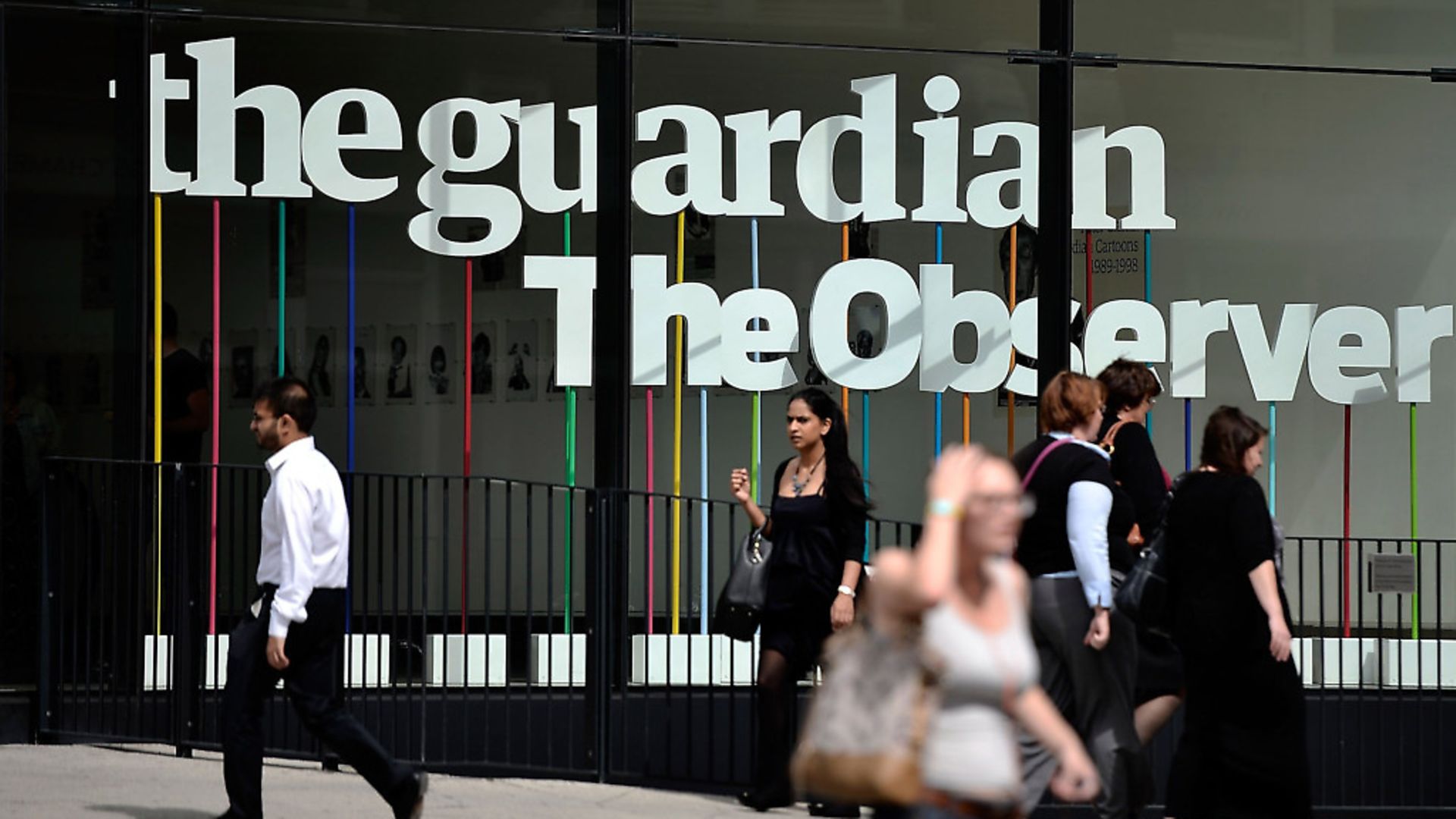Larry Elliott is standing down as the economics editor of The Guardian after nearly three decades. As charming and successful as Elliott is, I have to say, “Not before time”.
This is because Larry is a Brexit-supporting left winger, a Lexiter, as they used to be called. Of course he is entitled to his opinion, but it means the one paper that you might have thought would fight tooth and nail to keep us in the EU, to expose the disaster that is Brexit and to campaign to rejoin has been constantly undermined from within for years.
Like some in the trade union movement and Jeremy Corbyn’s crew, Elliott was viscerally opposed to the EU. That is mainly because they always saw it as a capitalist club that stopped them from introducing radical left wing policies.
As he freely admits “As the Guardian’s resident Eurosceptic, I have never seen anything especially attractive in the EU’s economic model.” I have always found this positively weird, what the hard left have against the EU has always been hard to fathom.
It cannot be the fact that the EU has the weight and heft to stand up to the increasingly huge multinationals, when individual states are no longer large enough to. Or the fact that it protects workers’ rights, insists on a cleaner environment, less pollution and more fair competition.
You might have thought that creating one huge economy that could stand up to the USA and China on almost equal terms would be good news to the left, that ensuring companies can’t import bad food or the products of slave labour would be welcomed. That inviting in the victims of 40 years of communism and helping them prosper would be ticking the right boxes. But no.
None of this seems to matter to left wing Eurosceptics like Elliott – they somehow see just one large capitalist economy and they want it to fail The fact that the UK was far and is far more capitalist than most of the EU and the EU was a restraining influence on the UK’s right wing doesn’t seem to resonate. Which is a pity, because it is the right wing that won.
The 2016 referendum was quite possibly lost because the Labour leadership was secretly pro-Brexit and their lukewarm support for the Remain campaign – bordering on sabotage – left the field open for far right nutters, xenophobes and imperialists. Well done.
The result was a tragedy, though not one Eliott recognises. Because in a valedictory article, he lays out the seven lessons he has learned as economics editor over the last 28 years – and one of them shows he has not learned much.
The first five lessons are clear enough. The Thatcherite free market experiment has failed but the left has not had the ideas to replace it. This left a vacuum which let the right continue with their mad policies, especially after the banking crisis. Larry also thinks this will continue until the left comes up with a better offer, and I am pretty sure he doesn’t mean Starmerism.
The fourth lesson is that the world’s economic power is moving to the east and the south. The fifth is that globalisation is in reverse, free trade is out and protectionism is in. Fair enough.
But it is Elliott’s sixth lesson that is the killer. Apparently, the EU is the perfect realisation of post-communist, neoliberal globalism, sclerotic and bureaucratic, unable to adjust and therefore “those who say Brexit has failed are not just jumping the gun but need to look across the Channel, because that’s where the real failure lies.”
It is exactly this ideological fantasy that has handed the country to the Brexit supporters and done so much damage to the very people who voted for it. The EU is imperfect and its slow growth is worrying, but Britain was far better off inside it.
Mr Elliot’s final lesson is that “just because something is received wisdom does not make it right”, which is true enough. But then it is also true that being out of touch with the real world doesn’t make you right either.
Brexit was and is a far-right project, designed to be the final nail in the coffin for workers’ rights, for any controls of the billionaires or the multi-nationals, for more trickle-down economics and the creation of Singapore-on-Thames. The idea that it has done anything for ordinary workers, or towards the cause of socialism in one country is pure madness.
It is a pipe dream that has left the UK alone, isolated and at the mercy of the very forces that Mr. Elliot abhors. A happy retirement to him.










